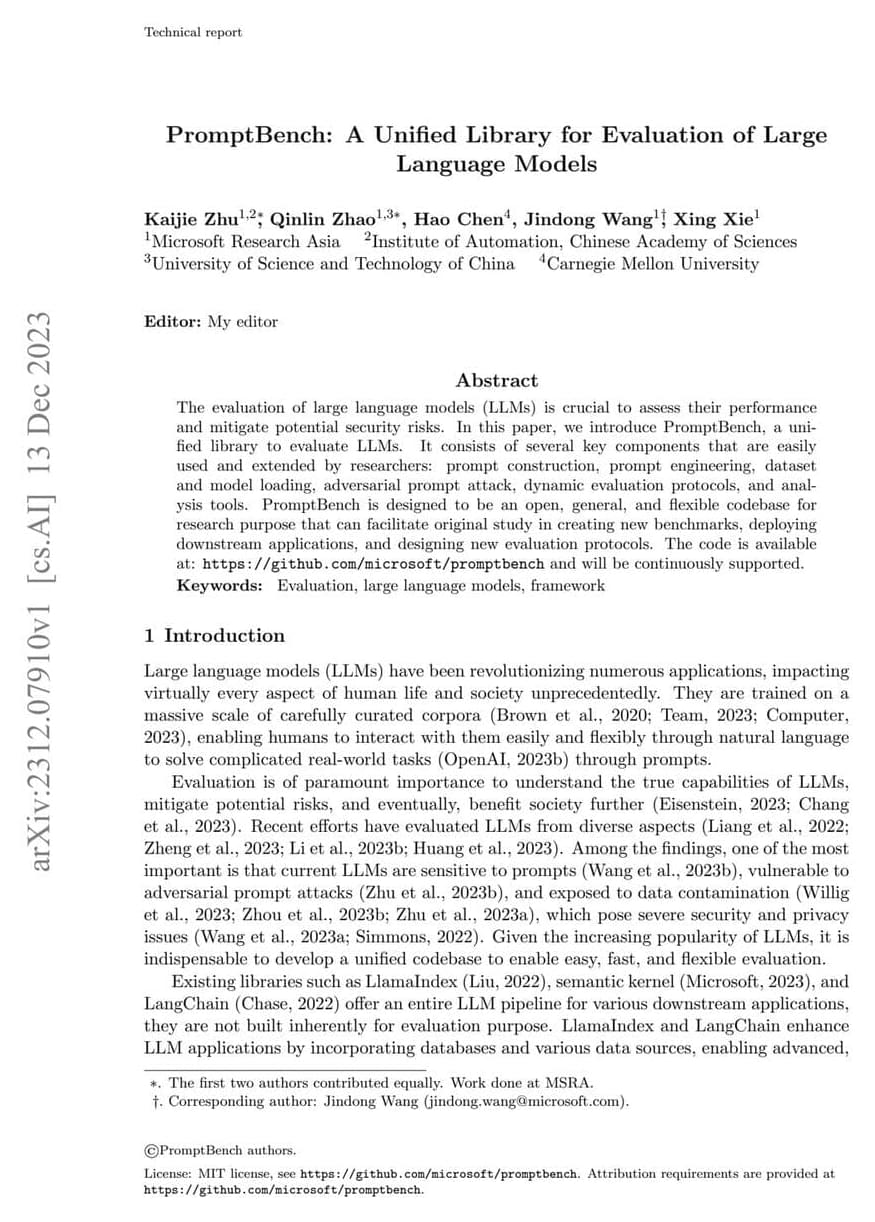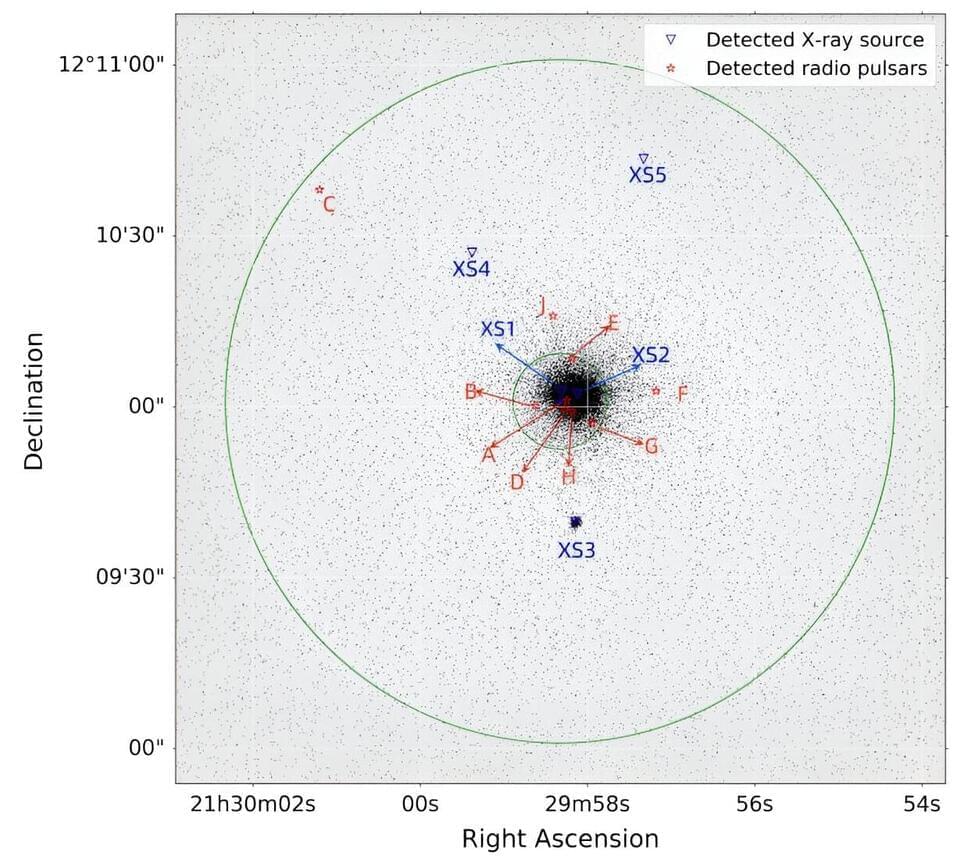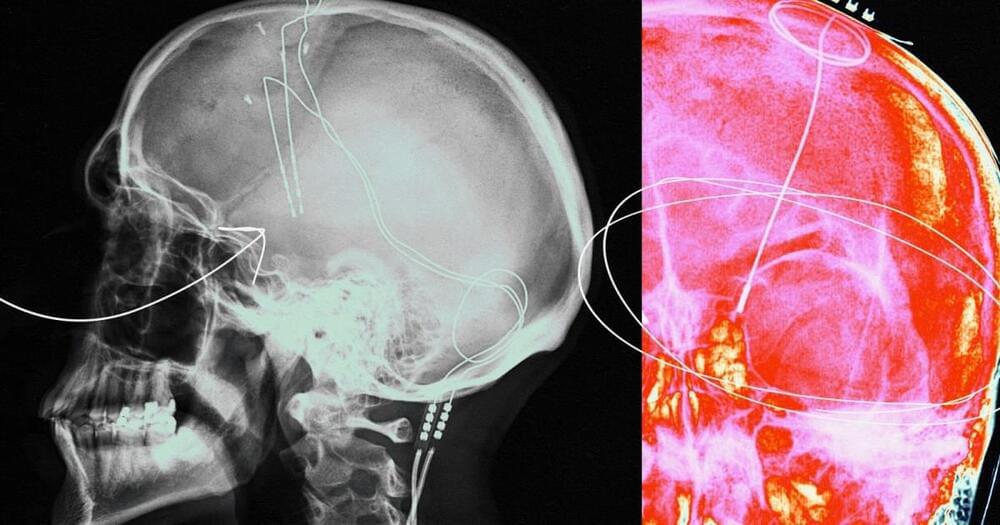“Searching for compounds in the plume is a bit like putting the pieces of a puzzle back together,” says lead author Jonah Peter, “in that we look for the right combination of molecules that reproduce the observed data. Information theory allows us to determine how much detail we can extract from the data without missing important features or overfitting to statistical noise.”
Water, ammonia, carbon dioxide, and methane had previously been found in analyses of INMS data, but this study found additional compounds and molecules, including acetylene, propylene, ethane, methanol, molecular oxygen, and hydrogen cyanide. These add to the various hints that Enceladus, despite its frigid perch in the outer solar system, harbors an environment conducive to life deep within its oceans.








